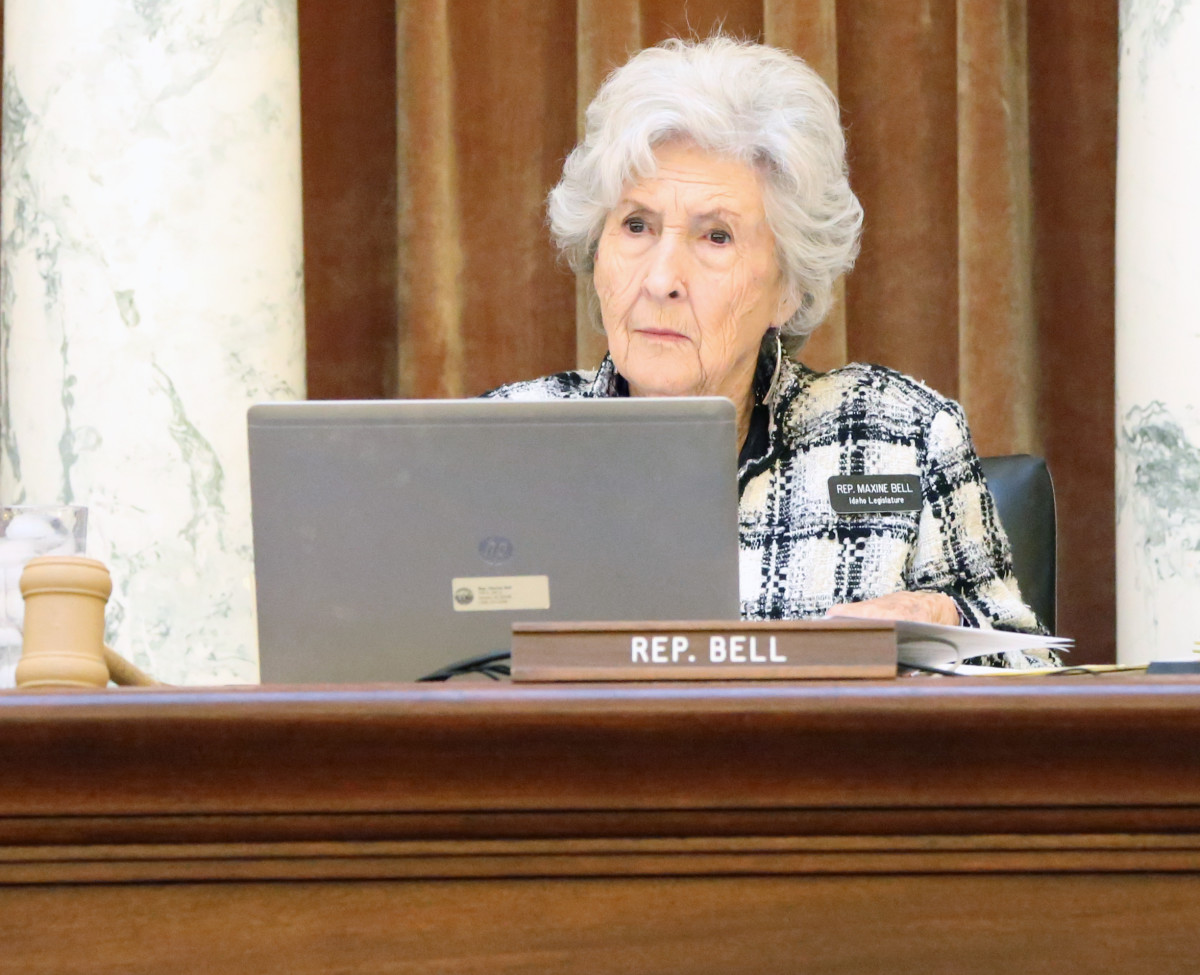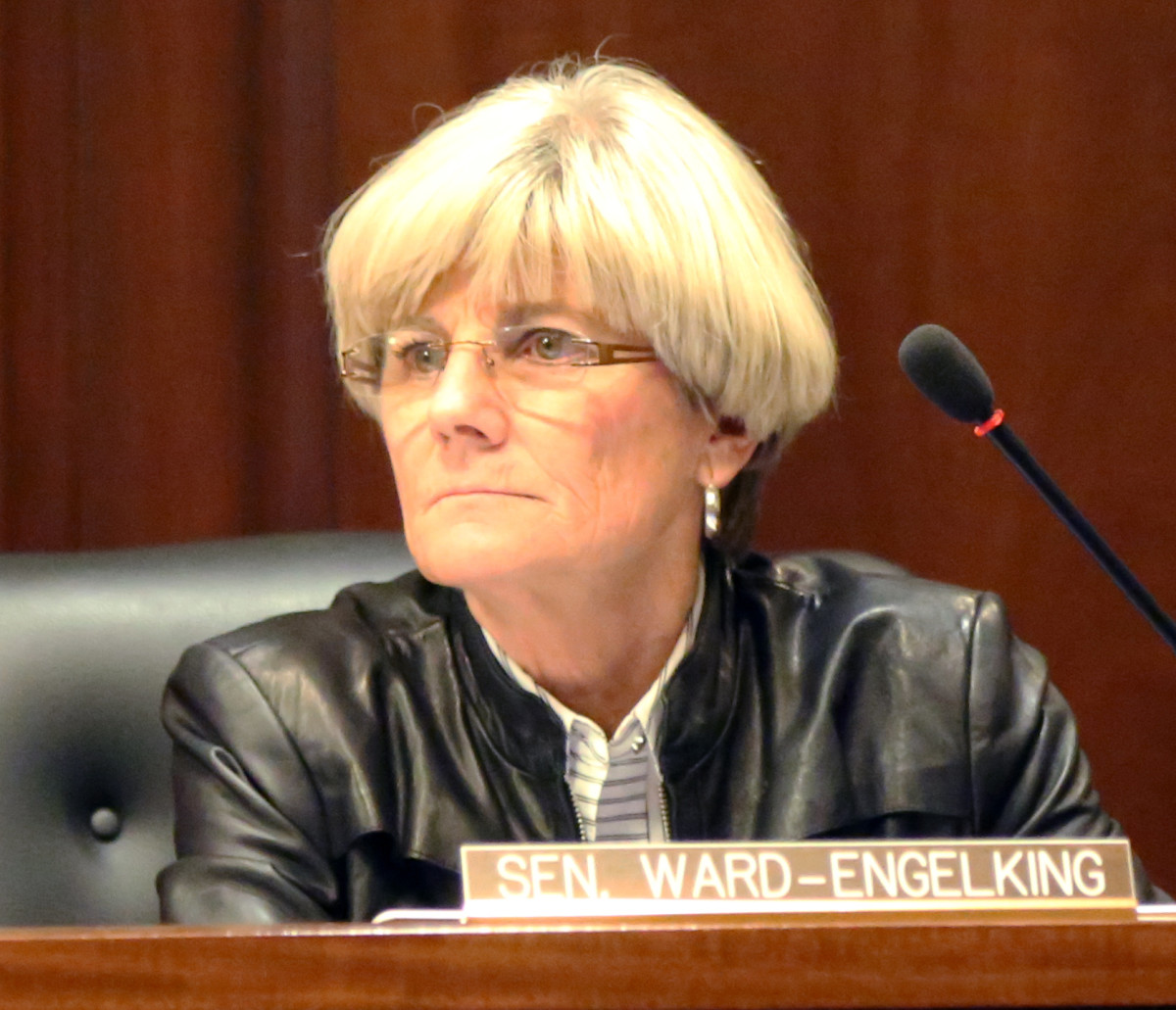University of Idaho President Chuck Staben had his hearing before legislative budget-writers Wednesday — but he didn’t get the tough questions.
Instead, lawmakers grilled Gov. Butch Otter’s budget staffers, suggesting the state is short-changing its higher education system.
It comes down to a question of priorities — a question that the Legislature’s Joint Finance-Appropriations Committee will address in the weeks to come. The committee will have to decide whether to fund a raft of line item requests from Otter, including a $769,500 proposal to hire a higher education “CEO.”
And budget-writers will have to decide whether they are comfortable with Otter’s decision to zero out other university requests.
Sen. Jeff Agenbroad, R-Nampa, said the budget could weaken the university system just as Idaho is struggling to move toward its “60 percent goal” to boost postsecondary graduation rates.
“Are we throwing out the baby with the bathwater?” he asked.
David Hahn of Otter’s Division of Financial Management painted a different picture. He rattled off a list of line items in the Otter budget: the CEO proposal, a $5 million increase in college scholarships, a $4 million line item for the College of Eastern Idaho, a fledgling community college in Idaho Falls. And he emphasized that Otter is trying to act on the recommendations from his higher education task force, which is pushing to streamline and reshape the system to make it more responsive to student needs.
“We have to move from the siloed system to a ‘systemness,’” Hahn said.
Some of Otter’s requests, such as the scholarship line item, come straight from the task report recommendations. The CEO proposal wasn’t a task force idea per se. The group did talk about “systemness,” a coined term for streamlining Idaho’s colleges and universities. Only later did business leaders on the task force recommend hiring a CEO and a consultant to root out administrative overlap across the state’s campuses.

In public comments — and in his final budget request — Otter has made clear that he hopes the higher ed task force’s report becomes a blueprint for change, much like the 2013 recommendations from his K-12 task force. But on Wednesday, JFAC House co-chair Maxine Bell said she was struggling to understand the path forward.
“It’s been easy to follow K-12,” said Bell, R-Jerome. “It’s been obvious to us.”
Sen. Janie Ward-Engelking, D-Boise, echoed Agenbroad’s concerns about priorities. A JFAC member who served on the task force, Ward-Engelking said she was enthusiastic about the task force’s work. But she says the group knew their recommendations would cost money, and she didn’t want to see it come at the expense of core higher education functions.

“I think that may cause us more grief down the road,” she said.
Otter’s budget excluded $2.1 million in line item requests from the University of Idaho: $1.8 million for the university library and $300,000 to hire staff to work with students with autism spectrum disorders. The Otter budget didn’t single out the U of I; statewide, more than $11.8 million in university line items failed to make the cut.
Otter is recommending a $293.6 million 2018-19 general fund budget for higher education, a 2.3 percent increase. Otter is seeking a 6.6 percent budget increase across all state agencies.
By contrast, the universities requested a $306.7 million general fund budget for 2018-19, a 6.8 percent increase.
More reading: Idaho’s higher education funding is growing well above the national average, according to new research.
